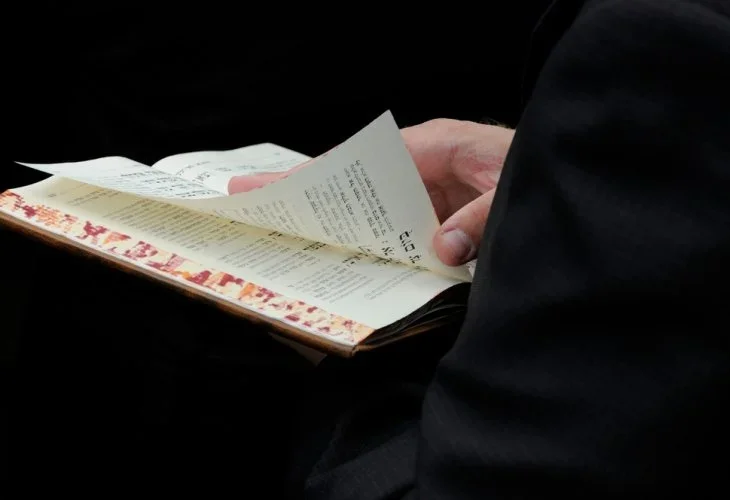Torah Personalities
Rediscovering Rabbi Tanchum of Jerusalem: A Forgotten Voice of Torah from Medieval Egypt
Brilliant commentator, defender of Hebrew, and lover of Israel, Rabbi Tanchum’s writings reveal a rare glimpse of Jewish life and scholarship in Egypt and the Land of Israel in the 13th century
 (Photo: Shutterstock)
(Photo: Shutterstock)The Enigma of Rabbi Tanchum: Who Was He?
Around 700 years ago, a collection of biblical commentaries and dictionaries spread among Egyptian Jewry. These works were attributed to someone named Rabbi Tanchum of Jerusalem. Though frequently cited by later scholars, surprisingly little is known about who he was or when he lived. Did he truly reside in Jerusalem, or was "Yerushalmi" merely a family name?
According to his own writings, Rabbi Tanchum died in Cairo in 1291. His son, Rabbi Yosef, inscribed the following on his grave: “In this grave was gathered a man, the collector of all praise, the head of his time, Tanchum, son of the noble Yosef.” This seems to suggest that Rabbi Tanchum spent his final years among the sages of Cairo.
Between Egypt and the Land of Israel
In his commentary on the Book of Yehoshua, Rabbi Tanchum shares a striking claim: the Gibeonites, descendants of the Canaanite nation that deceived Yehoshua by pretending to come from a distant land, were still living in the Land of Israel in his day. These people, he writes, were still identified as Gibeonites more than 2,500 years after the original biblical episode.
Elsewhere in the same commentary, he describes a site called Mei Merom, which he identifies as present-day Meron. He writes that the water source there miraculously flowed for pilgrims just as the area had dried up, suggesting an ancient but unreported miracle. He also appears to have been familiar with the cave of Hillel and Shammai, suggesting personal knowledge of the geography of the Land of Israel.
Yet Rabbi Tanchum also demonstrates deep knowledge of life in Egypt. It seems likely that he lived in both lands, splitting his time between Israel and Egypt.
Champion of Hebrew and Legacy Through Poetry
Rabbi Tanchum lamented the declining use of Hebrew in his day. He wrote passionately in its defense: “For every nation in the world, its existence depends on its language; it has no true identity without it.” A philosopher influenced by the Rambam (Maimonides), his interpretations are intellectually rigorous and precise. Some even dubbed him “the Ibn Ezra of the East.”
In the final chapter of his life, tragic news reached Egypt: the Mamluks had conquered Acre and massacred its Jewish residents. Rabbi Tanchum, whose relatives were among the victims, was so grief-stricken that he fell ill and passed away.
His son, Rabbi Yosef, preserved his memory through poetry. Hundreds of Yosef’s poems have been compiled in a special diwan (collection). Among them are poetic rebukes, including one addressed to a poet named Ibrahim of Jerusalem (possibly a relative), imploring him not to write mocking verses about others. Other poems include a lament for a borrowed book never returned and a humorous ode to fleas that tormented him at night.
One of Rabbi Yosef’s most moving compositions is a lengthy poem praising the greatness of his father, Rabbi Tanchum, a brilliant Torah scholar whose voice continues to echo through the generations.

